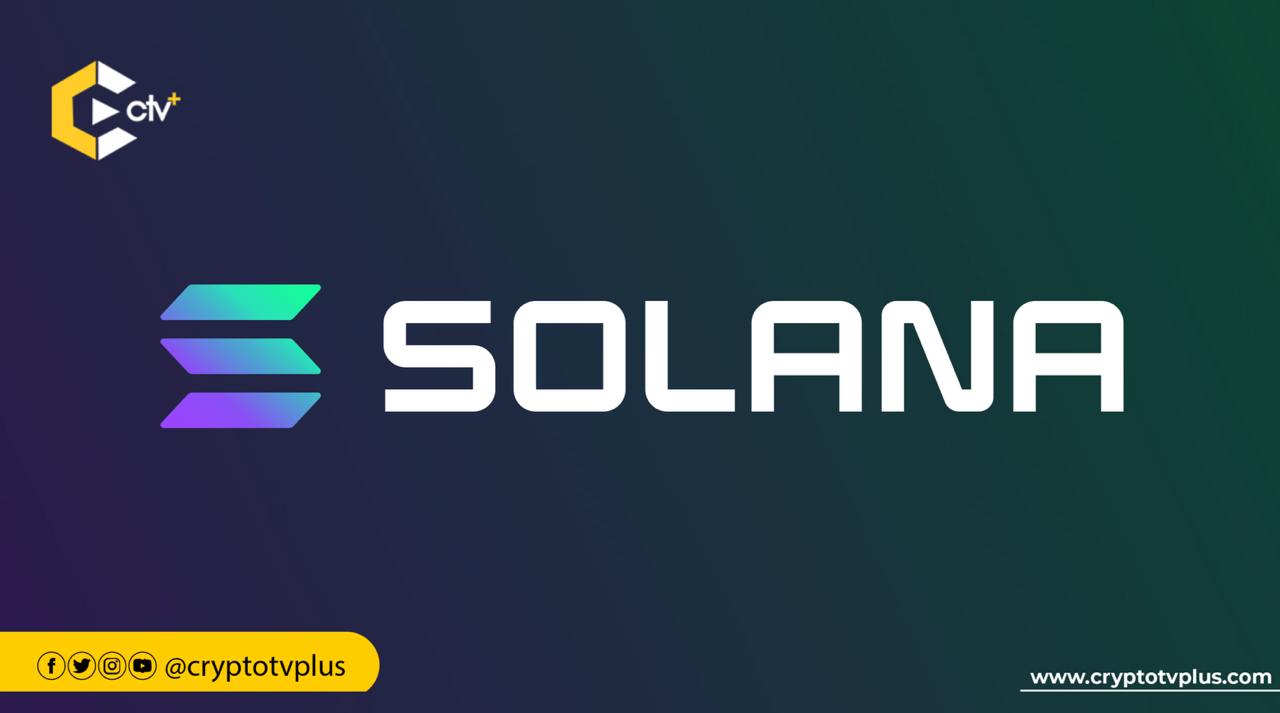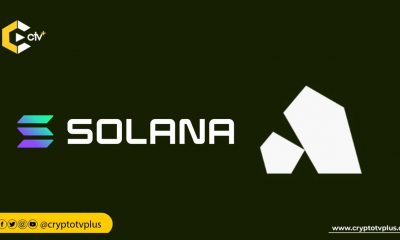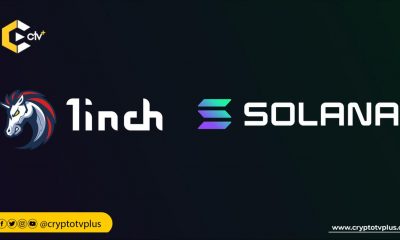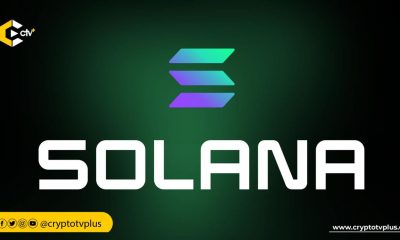News
Galaxy Research proposes voting system to cut Solana inflation

Galaxy Research has put forward a proposal for a new voting system aimed at curbing Solana’s inflation.
In the new proposal, Galaxy Research gives validators the ability to vote on multiple deflation rates, with the outcome being a weighted average.
After the community failed to reach consensus in a previous vote, Galaxy Research responded by introducing a proposal to modify the voting system for future Solana inflation decisions.
To address SOL inflation, Galaxy proposed a new system called “Multiple Election Stake-Weight Aggregation” (MESA) for Solana on April 17.
The researchers described the proposal as a “more market-based approach to agreeing on the rate of future SOL emissions.”
MESA replaces the standard yes/no voting system for inflation rates by enabling validators to select from multiple deflation rates and calculating the outcome through the weighted average.
“Instead of cycling through inflation reduction proposals until one passes, what if validators could allocate their votes to one or many changes, with the aggregate of ‘yes’ outcomes becoming the adopted emissions curve?” Galaxy explained.
The previous proposal (SIMD-228) motivated this new approach, as it revealed broad community agreement on lowering SOL inflation, but the binary voting method failed to generate consensus on specific details.
SIMD-228 aimed to alter Solana’s inflation model, shifting it from a fixed schedule to a more dynamic, market-oriented system.
Under the new proposal, validators would keep the terminal inflation rate fixed at 1.5% while voting on multiple deflation options. If quorum is reached, the network would determine the final decision using the weighted average.
For example, if 5% of validators want to maintain a 15% deflation rate, 50% vote for 30%, and 45% favor 33%, then the weighted average would yield a new deflation rate of 30.6%.
Galaxy aims to reduce inflation to a final rate of 1.5% over time.
By allowing validators to select from a range of outcomes rather than binary choices, this market-based approach provides greater flexibility while still following a stable inflation curve.
“Galaxy Research seeks to suggest a genuinely alternative process to achieving what we believe is the community’s broad goal, and not necessarily proscribe any particular inflation rate outcome,” the firm explained.
Currently, the system starts with an 8% annual inflation rate and reduces it by 15% each year until it reaches 1.5%.
According to Solana Compass, validators have staked around 387 million SOL, which represents 64.7% of the total supply, while the network maintains an inflation rate of 4.6%.
Galaxy Strategic Opportunities, a Galaxy affiliate, actively operates within the Solana ecosystem by offering validator and staking functions.























3 Comments